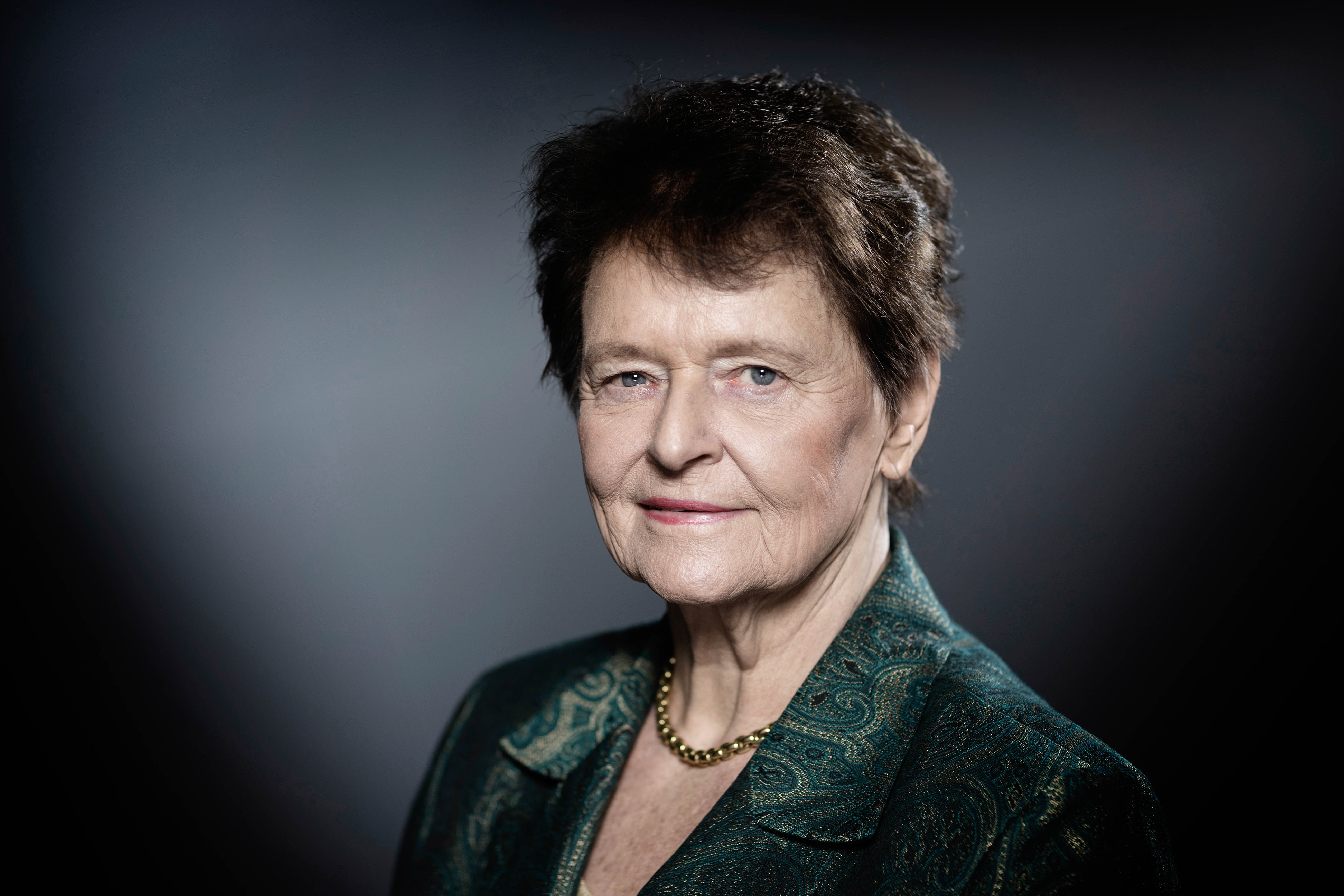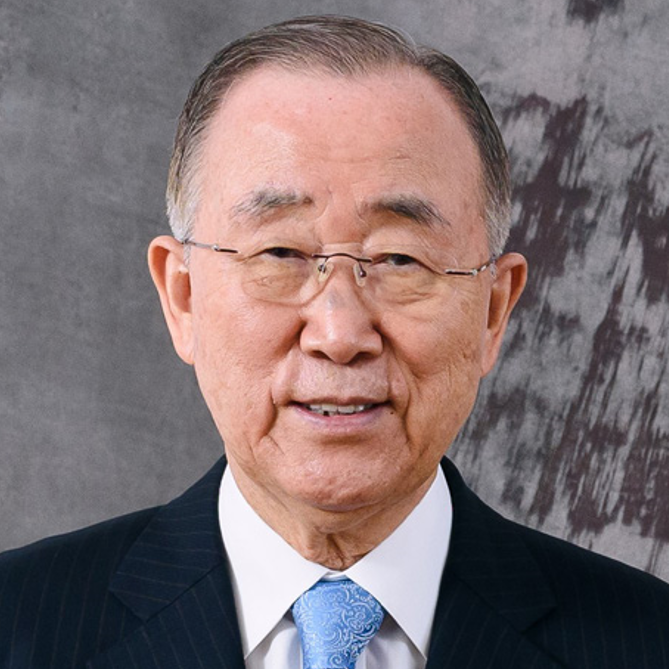


Dr. Gro Harlem Brundtland, first woman Prime Minister of Norway, pioneered the concept of sustainable development and shaped its early agenda. She is a founding member of The Elders, the group of independent global leaders founded by Nelson Mandela in 2007 who work for peace, justice and human rights.
Dr. Brundtland served as Director General of the World Health Organization, UN Special Envoy for Climate Change, and led the World Commission on Environment and Development, also known as the Brundtland Commission. Dr. Brundtland shares with The ASEAN her views on the COVID-19 pandemic, current-day sustainable development issues, healthcare and women empowerment.
How has the concept of “sustainable development,” first initiated under your leadership as chair of the World Commission on Environment and Development, evolved over the past 30 years? Which aspects of sustainable development were successfully addressed by the global community, and the Southeast Asian region in particular, and which aspects require further attention?
Sustainable development is a concept rooted in the principles of equality, justice, and human rights. Although the world has changed immeasurably since the 1980s when the World Commission on Environment and Development undertook its work, these principles remain essential in tackling contemporary challenges including the COVID-19 pandemic, climate change, economic inequality, and gender oppression.
The international community has recognised the importance of sustainable development by agreeing on the Sustainable Development Goals in 2015, and the Paris Agreement on climate change in the same year. These are important achievements, but political leaders now need to show greater ambition and commitment to ensure their full implementation. More attention needs to be paid to tackling systemic racial and gender discrimination and the intersection between these forms of prejudice and the challenges of poverty reduction and improving public health.
What particular roles can regional organisations such as the Association of Southeast Asian Nations (ASEAN) undertake to ensure continuous progress towards sustainable development?
Regional bodies like ASEAN can play a crucial role in ensuring that commitments agreed at a global level can be effectively implemented on the ground. They can help coordinate neighbouring countries’ policies regarding cross-border issues such as climate change, migration and trade, providing an inclusive forum where diverse views can be debated and common solutions agreed. Successful multilateralism demands a bottom-up approach as well as a top-down model, and ASEAN and other regional blocs like the EU and Mercosur have a vital role in delivering global progress.
COVID-19 has demonstrated prevailing vulnerabilities in our present social and economic systems. What are the major priorities that countries need to focus on in rebuilding a better future?
The coronavirus has shone a harsh light on existing inequalities, from the distribution of economic resources to access to health services. It is essential that countries support the WHO and provide it with the necessary funding to carry out its work, including through implementing the recommendations of the Global Preparedness Monitoring Board.
The WHO must be enabled to work on behalf of all humanity, acting solely on the best available scientific and medical evidence. It is deeply unhelpful and counter-productive for the WHO to become a forum for political point scoring by member countries in the pursuit of narrow national interests.
The virus will not be overcome unless all nations work together, pooling resources and expertise to strengthen health systems, develop and distribute an effective vaccine, protect health workers, and provide the necessary care to all who need it in society. This must particularly include vulnerable groups such as refugees, migrants, the older persons, and the infirm.
As a region diverse in terms of human, social, and economic development, ASEAN is working hard towards ensuring that the needs of the vulnerable are being addressed, through policies and programmes. Increasing access to social protection, which includes working towards Universal Health Coverage, is a priority in the region. Is there anything you would like to share that could assist the region in achieving its goals in the area of social protection?
Universal Health Coverage (UHC) is essential to help ASEAN countries improve their health systems in the face of COVID-19 and possible future pandemics. Some ASEAN countries like Thailand and Malaysia have strong track records on implementing UHC; while others, have a long way to go. If there is one lesson the world has learnt from the current pandemic, it is that you can only reach UHC through public financing.
Furthermore, as WHO has been highlighting recently, countries should remove health service user fees and ensure that everyone can access services free at the point of delivery. Removing financial barriers to health services is particularly important in the midst of a pandemic, especially for disadvantaged groups such as women, children, and older persons.
Much work is being done in the region to address gender inequality and empower women and girls. We are interested in hearing your views on what you regard as crucial elements in moving towards and maintaining gender equality.
You cannot have sustainable development if women and girls are still subject to exclusion, discrimination, sexual assault, and violence. There are strong arguments for reviewing and reforming institutions and processes, particularly so the multilateral system better reflects the diversity of the human family and gives a voice to women, young people, and other marginalised groups in society. We also need sustained investment in education so a whole generation of young women and girls are not further marginalised after the pandemic has disrupted their schooling and often plunged their families into poverty.
Gender equality needs to be understood as critical for the progress of the whole of society. This means male political, business, religious and community leaders need to be educated on the values of equality and justice, so they can themselves become supporters of the rights and potential of women and girls.
Among its various programmes, ASEAN has a programme on Women, Peace, and Security. Is there any advice you can provide for organisations working towards increasing the number of women in leadership roles?
This follows on from the previous point: women have a unique and valuable contribution to furthering peace and security in their countries and regions, and their talents need to be respected and channelled by organisations working in this field. Sometimes this may involve “positive discrimination” to overcome entrenched systems of patriarchal privilege. Sometimes this may involve restructuring organisations and work practices so they are more inclusive towards women. And sometimes this may involve directly confronting and even removing bodies and individuals that are a block towards progress or which seek to undermine anti-discriminatory efforts. The common thread is that women’s rights, voices, and experiences must be respected, injustices tackled, and there must be no more impunity for those who abuse, denigrate or deny their status








